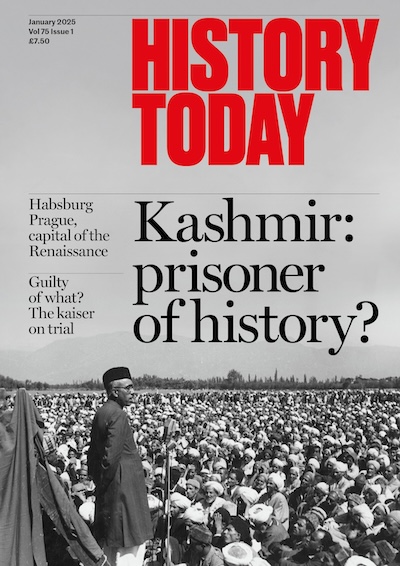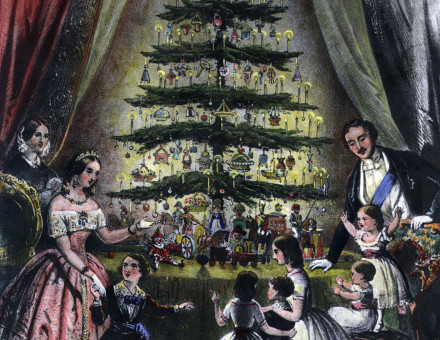The First Vatican Council
K. Theodore Hoppen describes how the victory of the ultramontanes in 1870 meant that for a considerable time the largest Church in Christendom adopted an attitude hostile to the modern world.
The French Revolution, and the impetus it gave to the formulation and publication of ideas about liberty and equality, proved a severe shock to the Roman Catholic Church throughout Europe. It had to a large extent been possible to ignore the attacks of eighteenth-century rationalists, partly because of political support from civil authorities, and partly because the attacks, if not moderate in content, had been civilized in expression.
The Revolution caused a polarization in Catholic thought, and while its milder aspect encouraged some Catholics to consider progressive political systems with more sympathy than had previously been the case, it also gave birth to a harsher ideology typified by the writings of that brilliant reactionary, Joseph de Maistre, in the early nineteenth century.
De Maistre argued that all men are naturally self-seeking and vicious, and their behaviour contrary to political stability and order. Because of this man requires autocratic rule, which could, he believed, only function properly within a religious framework and by means of a constant reference to the Almighty through God’s representative on earth—the Pope.





